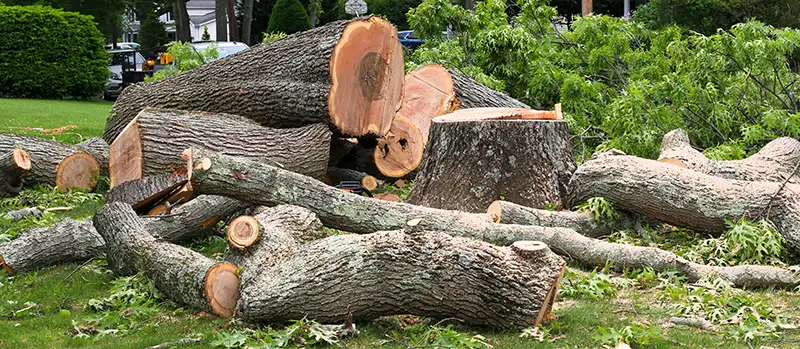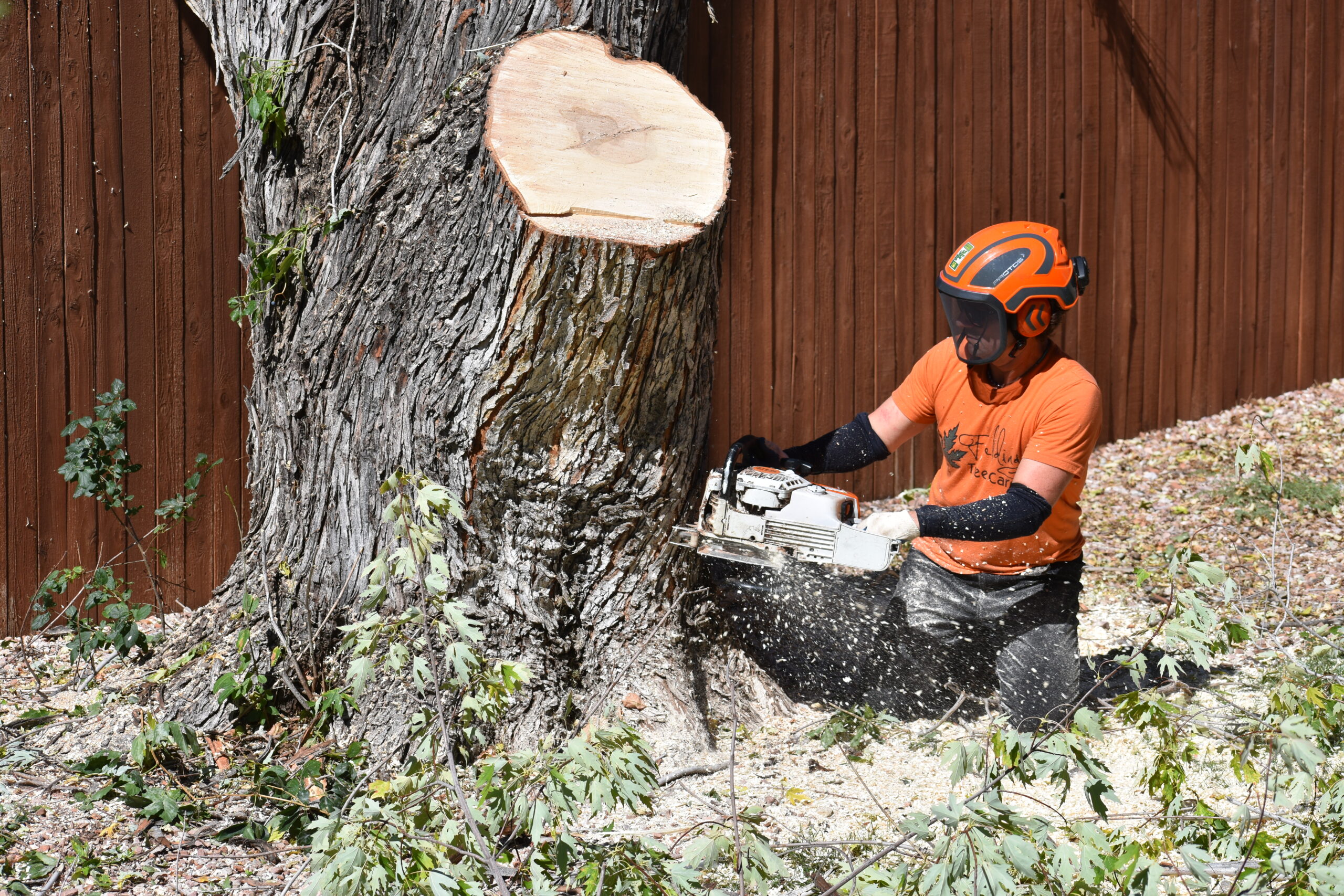Featured
Table of Contents
- – Commercial Tree Removal Costs In Dalhart, TX
- – Best Money-Saving Tips On Stump Removal In Dal...
- – How Much Will A Stump Removal Cost Me In Dalh...
- – Dalhart, TX Tree Trimming Price Factors
- – Finding Cheap Tree Removal In Dalhart, TX
- – Dalhart, TX Tree Service Savings Tips
- – How Much Should You Pay For An Stump Removal ...
- – Dalhart, TX Tree Cutting Ratings
- – Dalhart, TX Tree Removal Pricing Insights
- – Leading Value Tree Cutting In Dalhart, TX
- – Timeline For An Tree Removal Project In Dalh...
- – Eco-Friendly Tree Clearing Costs In Dalhart,...
- – Additional Tree Clearing Service Plans In Da...
- – Dalhart, TX Tree Clearing Special Features C...
- – Top Affordable Tree Clearing In Dalhart, TX

The subsections below supply more comprehensive information about rates, including a typical range for each. TypeAverage Removal CostPineConiferPalmMagnoliaArborvitaeAshCedarSweet GumEucalyptusSycamoreCypressOakMaplePoplar You can expect to pay in between to eliminate a pine, depending upon its size. Removing a pine is among the more inexpensive jobs unless it is one that has been around for many years and is rather big.
Commercial Tree Removal Costs In Dalhart, TX
Pines also have a tap root that grows deep into the soil, which can show to be harder to remove. The procedure itself includes a professional cutting the tree, clearing the base, cutting the surface roots, removing the stump, and finally dealing with the soil. Without an expert hand, you risk leaving pine seedlings behind, which will fall from the roots of distressed pines.
Best Money-Saving Tips On Stump Removal In Dalhart, TX
The U.S. national average for conifer removal is around to have the conifer lowered, carried away, and the stump ground or removed totally. Conifers are typically easier to get rid of, and even though they can grow quite high, they do not cost a fortune to remove. Conifers consist of pine, spruce, fir, and juniper trees.
How Much Will A Stump Removal Cost Me In Dalhart, TX?
While conifers are stunning, they kill native plants and certain types of lawn. This is since they require a lot of water and nutrients to make it through, so they leach it off surrounding plants. They also have an extensive network of roots, which can impact your home's structure. The typical cost of palm elimination depends on the height as much as the type, ranging from.
Dalhart, TX Tree Trimming Price Factors
That is why it is essential to know which type you are removing. While you do not need an herbicide to eliminate a palm tree, there are some steps your removal specialist will have to take to make sure the job is done properly. There are 2 methods they can get rid of them: by slicing them down or digging them up.
Finding Cheap Tree Removal In Dalhart, TX
This is since small animals like rats and scorpions typically reside in them. Plus, numerous types will have spikes, too. From there, they get rid of the actual tree and after that the stump. Expect to pay between to eliminate this type of tree, depending upon the precise size and details of the task.
Dalhart, TX Tree Service Savings Tips
There are three types: green, white, and black ash. With its gray-tinged bark, its leaves are green or purple in the spring and golden yellow or purplish-red in the fall.
How Much Should You Pay For An Stump Removal In Dalhart, TX

Due to the variation in height, the removal cost variation is large from. A coniferous, evergreen tree, the cedar is a durable types.
Dalhart, TX Tree Cutting Ratings
The growth of incorrect cedars varies from 50 feet up to 230 feet high. With star-shaped leaves and stunning fall colors, the sweet gum is considered a medium to large tree.
Dalhart, TX Tree Removal Pricing Insights
It has a big root base of 40 to 50 feet, which affects the removal expense. Normally, it costs in between to eliminate a eucalyptus. Eucalyptus are not typical all over, but they are quite large compared to others, which is why even the smaller sized ones are so costly to eliminate. Originally from Australia, eucalyptus are invasive plants that grow in thick groves that secure native plants.
Leading Value Tree Cutting In Dalhart, TX
There are a handful of methods to do this, consisting of burning, pulling, grinding, or eliminating them with herbicide. Expect to pay between to get rid of sycamores, based upon the height, trunk size, and amount of work involved. Sycamores are one of the largest hardwood trees, normally ranging from 60 to 100 feet tall and as broad as 15 feet.
Timeline For An Tree Removal Project In Dalhart, TX
The first 2 steps will expose the within the tree and cut off the flow of nutrients up the trunk. From there, an expert applies herbicide to eliminate the tree and lower the trunk. Then, they will eliminate the stump. Otherwise, new sprouts may grow from it. Lowering and getting rid of a mature cypress might cost as much as.
Eco-Friendly Tree Clearing Costs In Dalhart, TX
There are various types of Cypress trees, however the most common are the Leyland, Arizona, Bald, and Italian. The Bald Cypress grows in swampy or extremely wet locations while the others take pleasure in a dry, warm, or hot climate (arborist). They can grow as high as 80 to 100 feet tall
Additional Tree Clearing Service Plans In Dalhart, TX

Prone to diseases, the Cypress is among the most valued woods for furnishings. The average oak grows to around 60 feet, and depending on the intricacy of the removal, it costs an average of to remove. The specific size of your oak and the effort required to fell it impact what you will in fact spend for elimination in addition to any additional services like stump grinding.
Dalhart, TX Tree Clearing Special Features Costs
Access to the trees and the roots will also affect the overall cost. Maples can quickly mature to 100 feet or more and generally cost in between to remove from your home. The final price depends on the actual height and intricacy of the task. Maples are normally amongst the more costly trees to eliminate since of their size and the work included in the removal.
Top Affordable Tree Clearing In Dalhart, TX
Growing as high as 90 to 115 feet, these huge timbers are generally found in North America and consist of the aspen, cottonwood, and balsam trees. The process to remove trees includes all the cutting and cutting of the branches and trunk, bringing it down to a stump.
Table of Contents
- – Commercial Tree Removal Costs In Dalhart, TX
- – Best Money-Saving Tips On Stump Removal In Dal...
- – How Much Will A Stump Removal Cost Me In Dalh...
- – Dalhart, TX Tree Trimming Price Factors
- – Finding Cheap Tree Removal In Dalhart, TX
- – Dalhart, TX Tree Service Savings Tips
- – How Much Should You Pay For An Stump Removal ...
- – Dalhart, TX Tree Cutting Ratings
- – Dalhart, TX Tree Removal Pricing Insights
- – Leading Value Tree Cutting In Dalhart, TX
- – Timeline For An Tree Removal Project In Dalh...
- – Eco-Friendly Tree Clearing Costs In Dalhart,...
- – Additional Tree Clearing Service Plans In Da...
- – Dalhart, TX Tree Clearing Special Features C...
- – Top Affordable Tree Clearing In Dalhart, TX
Latest Posts
Fort Lewis, WA Tree Cutting Pricing Guide
Hanahan, SC Tree Removal Shipping Costs
What Determines Stump Grinding Pricing In Rifle, CO
More
Latest Posts
Fort Lewis, WA Tree Cutting Pricing Guide
Hanahan, SC Tree Removal Shipping Costs
What Determines Stump Grinding Pricing In Rifle, CO